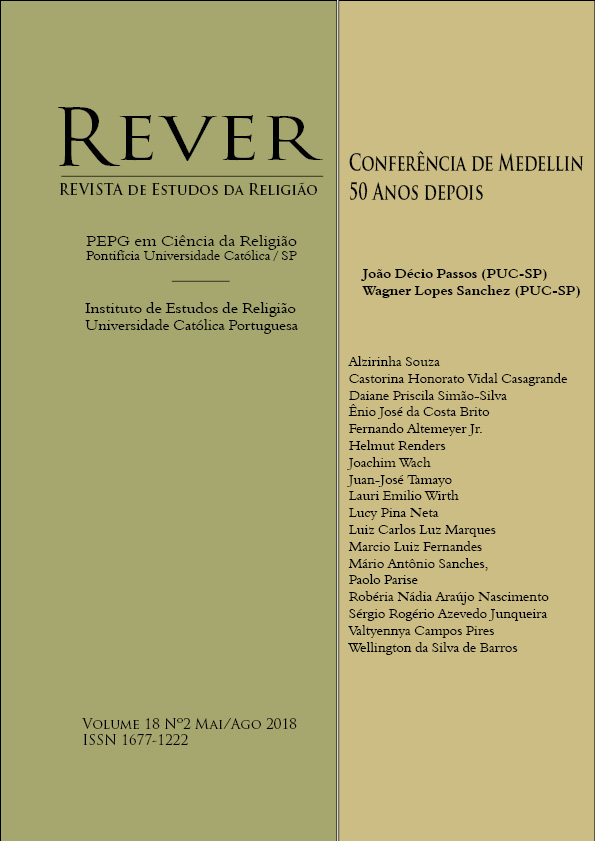Political aspects of the early implantation of Protestantism in Brazil
DOI:
https://doi.org/10.23925/1677-1222.2018vol18i2a13Palavras-chave:
Protestantism, Brazil Empire, Presbyterianism, Congregationalism, Religious freedom.Resumo
This text offers an evaluation of the main political aspects that accompanied the implantation of Protestantism in Brazil during the 19th century. It is observed that the Brazilian legislation and political framework of the period were mostly favourable to the implantation of the new religious denomination in the country. It is also observed that this process was also favoured by a specific framework of bilateral relations between Brazil and the United States, a country from which many of the missionaries who wanted to insert the new denomination in Brazil were coming from. Finally, it is observed that these missionaries sought to make use of the legal and political prerogatives present while maintaining a distance from the authorities in order to maintain autonomy in their religious activity.
Downloads
Publicado
Edição
Seção
Licença
Autores que publicam nesta revista concordam com os seguintes termos:
- Autores mantém os direitos autorais e concedem à revista o direito de primeira publicação, com o trabalho simultaneamente licenciado sob a Licença Attribution-NonCommercial 4.0 International, que permite o compartilhamento do trabalho com reconhecimento da autoria e publicação inicial nesta revista.
- Autores têm autorização para assumir contratos adicionais separadamente, para distribuição não exclusiva da versão do trabalho publicada nesta revista (ex.: publicar em repositório institucional ou como capítulo de livro), com reconhecimento de autoria e publicação inicial nesta revista.


